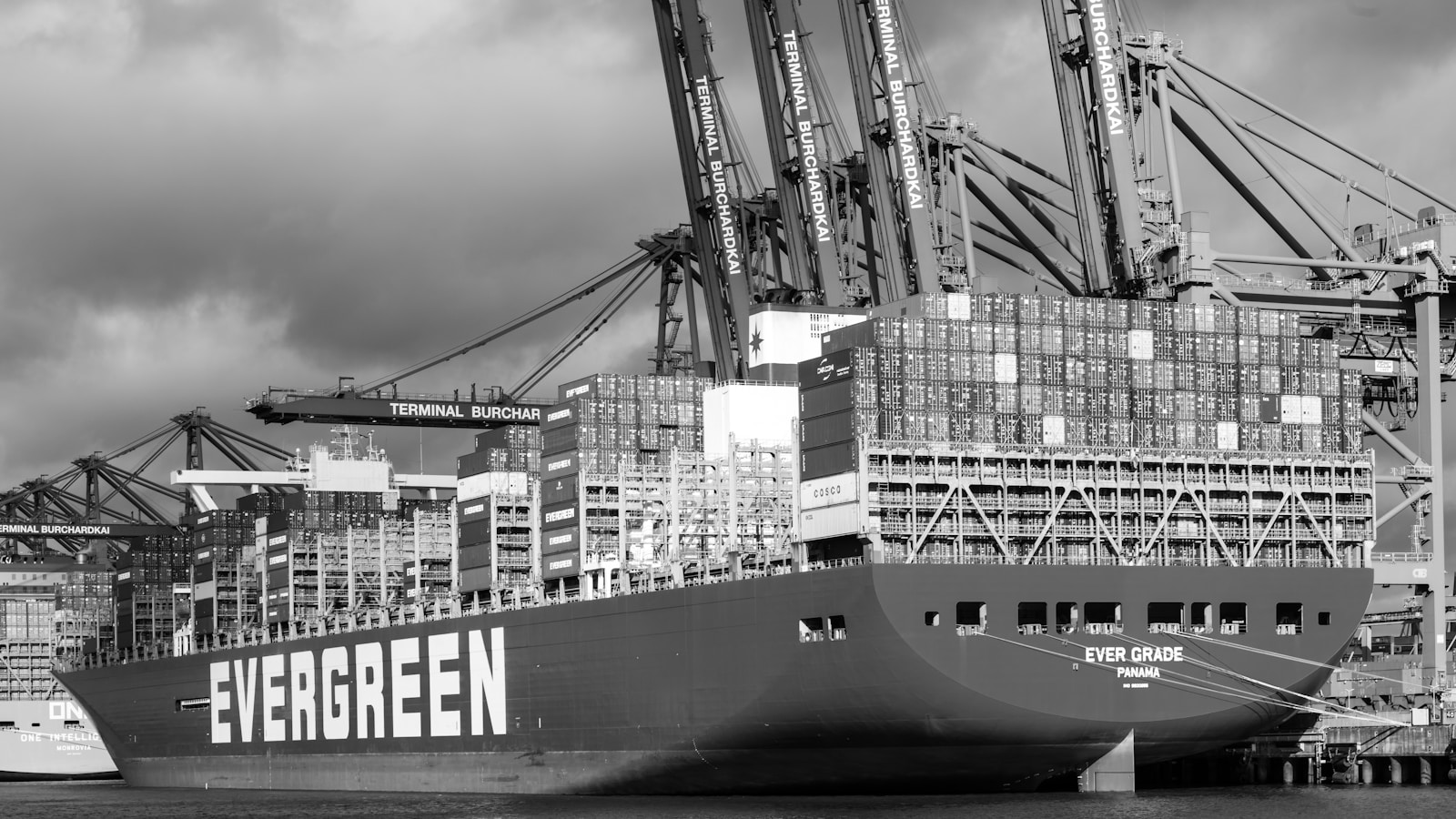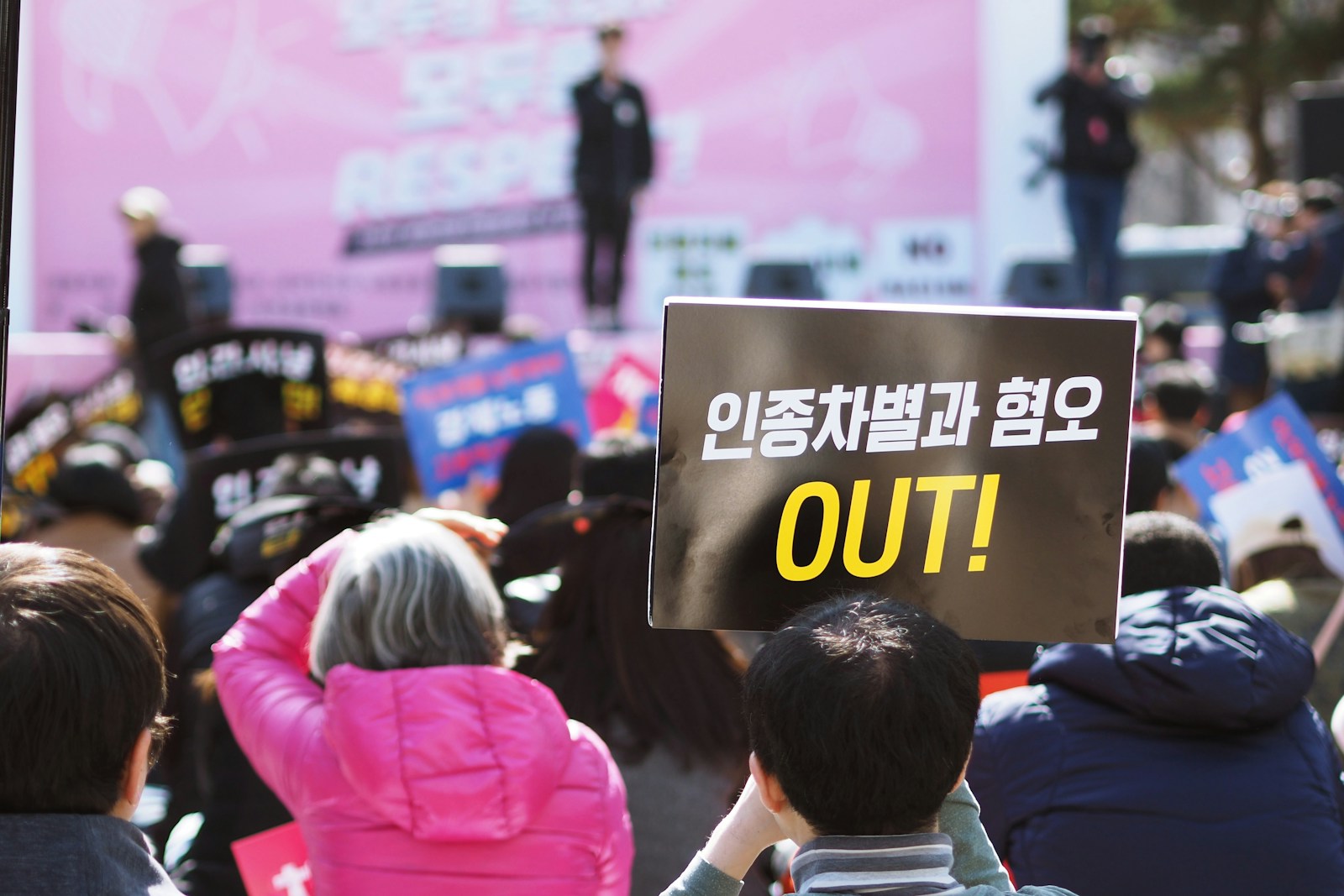The Argosy Debates: Is National Interest a Justification for Protectionist 'Green Tariffs'?

Editor's Note: The European Union's Carbon Border Adjustment Mechanism (CBAM) has brought the controversial idea of 'green tariffs' to the forefront of global trade. Are these tariffs a necessary tool to level the playing field and drive global decarbonization, or are they simply old-fashioned protectionism in a new, green disguise?
The Realist Case for a Carbon Tariff
By Minwoo Jung
Free trade is not a religion; it is a tool to advance the national interest. For decades, the global trading system has allowed nations to effectively "offshore" their carbon emissions, moving heavy industry to countries with lax environmental standards. This has created a fundamentally unfair and counterproductive dynamic. A nation that takes on the economic cost of decarbonizing its industry should not be forced to compete with imports from a nation that refuses to do so. A Carbon Border Adjustment Mechanism, or green tariff, is not protectionism; it is a logical and necessary corrective to this market failure.
From a geopolitical realist perspective, climate change is a national security issue. A nation's ability to build and sustain a domestic green industrial base—from solar panels to EV batteries—is a matter of strategic importance. Relying on a single, often adversarial, country like China for these critical technologies is a profound strategic vulnerability. Green tariffs, when used correctly, can help to nurture and protect these nascent domestic industries, ensuring a secure supply chain and reducing our dependence on geopolitical rivals.
The argument that these tariffs will harm developing nations is paternalistic and misguided. The current system, which allows for a "race to the bottom" on environmental standards, does them no favors in the long run. A clear, predictable carbon price on imports creates a powerful incentive for all nations to clean up their act. It is a tool of hard-nosed diplomacy that uses economic leverage to achieve a global good. Climate change will not be solved by multilateral goodwill alone; it requires that nations use the tools of state power to protect their interests and compel action from others.
The Economic Case Against Green Protectionism
By Anthony Min
The advocates of green tariffs, like my colleague, are dressing up a very old and very bad idea—protectionism—in the fashionable language of climate action. These policies will not save the climate. They will, however, ignite trade wars, raise prices for consumers, and slow down the global deployment of clean technology, ultimately making the climate problem worse.
Let's be direct about the economics. A tariff is a tax. A green tariff is a tax on imported goods, which will be paid by domestic consumers in the form of higher prices. If you make it more expensive to import solar panels, wind turbines, and EV components, you will have fewer of them, and the green transition will become more expensive and slower for everyone. The goal should be to deploy as much clean technology as quickly and cheaply as possible, regardless of where it is manufactured.
Furthermore, the idea that bureaucrats can centrally plan a "green industrial base" through tariffs is a recipe for inefficiency and cronyism. It will lead to governments picking winners and losers, subsidizing politically connected but inefficient domestic companies, and shielding them from the healthy pressure of global competition that drives innovation and lowers costs. The market, not the state, is the most efficient mechanism for allocating capital and driving technological progress.
The geopolitical argument is equally flawed. Unilaterally imposing tariffs will be seen as an act of economic aggression, inviting immediate retaliation from trading partners. The result will be a tit-for-tat trade war that will disrupt global supply chains, fuel inflation, and shatter the international cooperation that is essential for any meaningful action on a global problem like climate change. Green tariffs are a feel-good policy for economic nationalists, but they are a step backward for both free markets and the climate.



